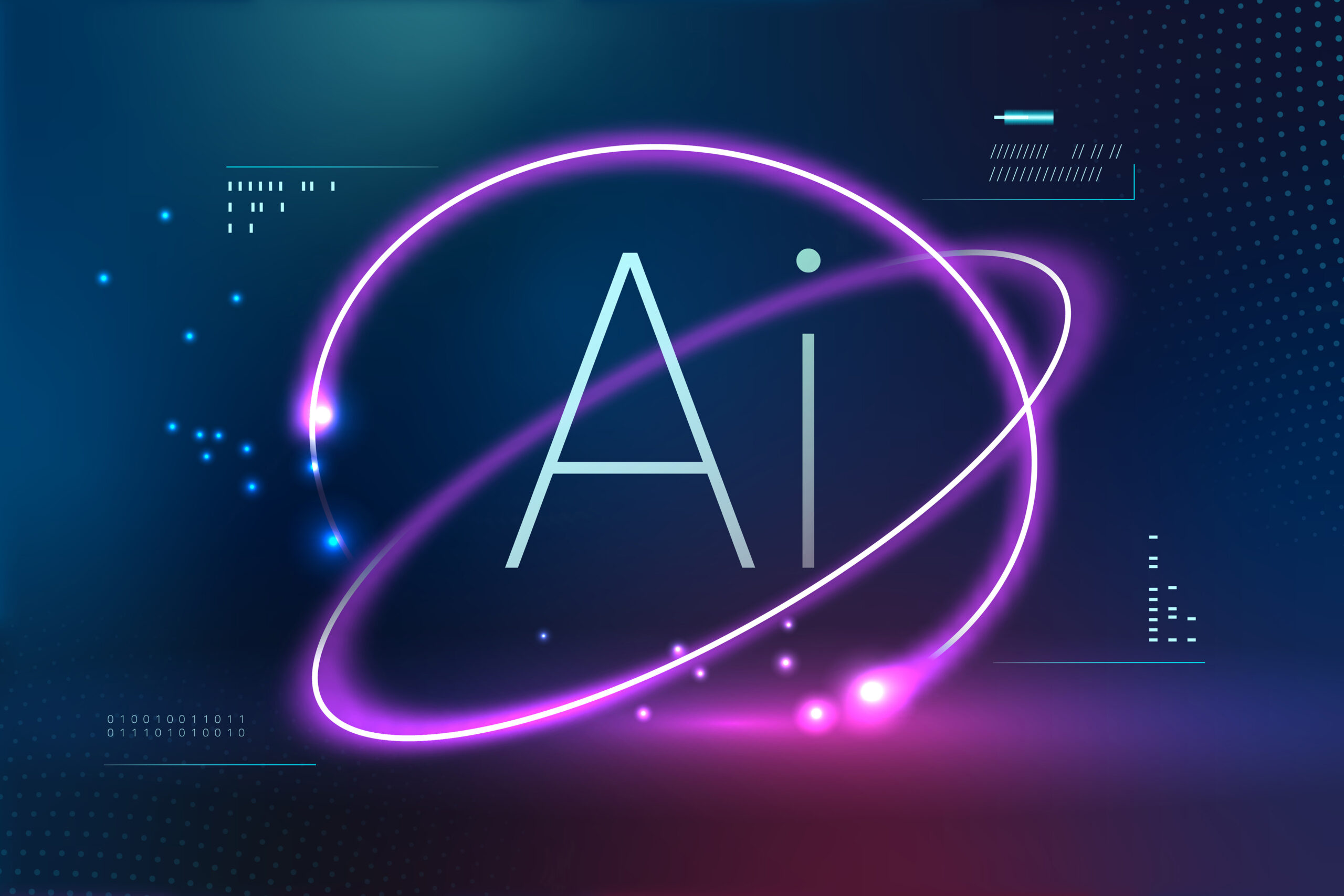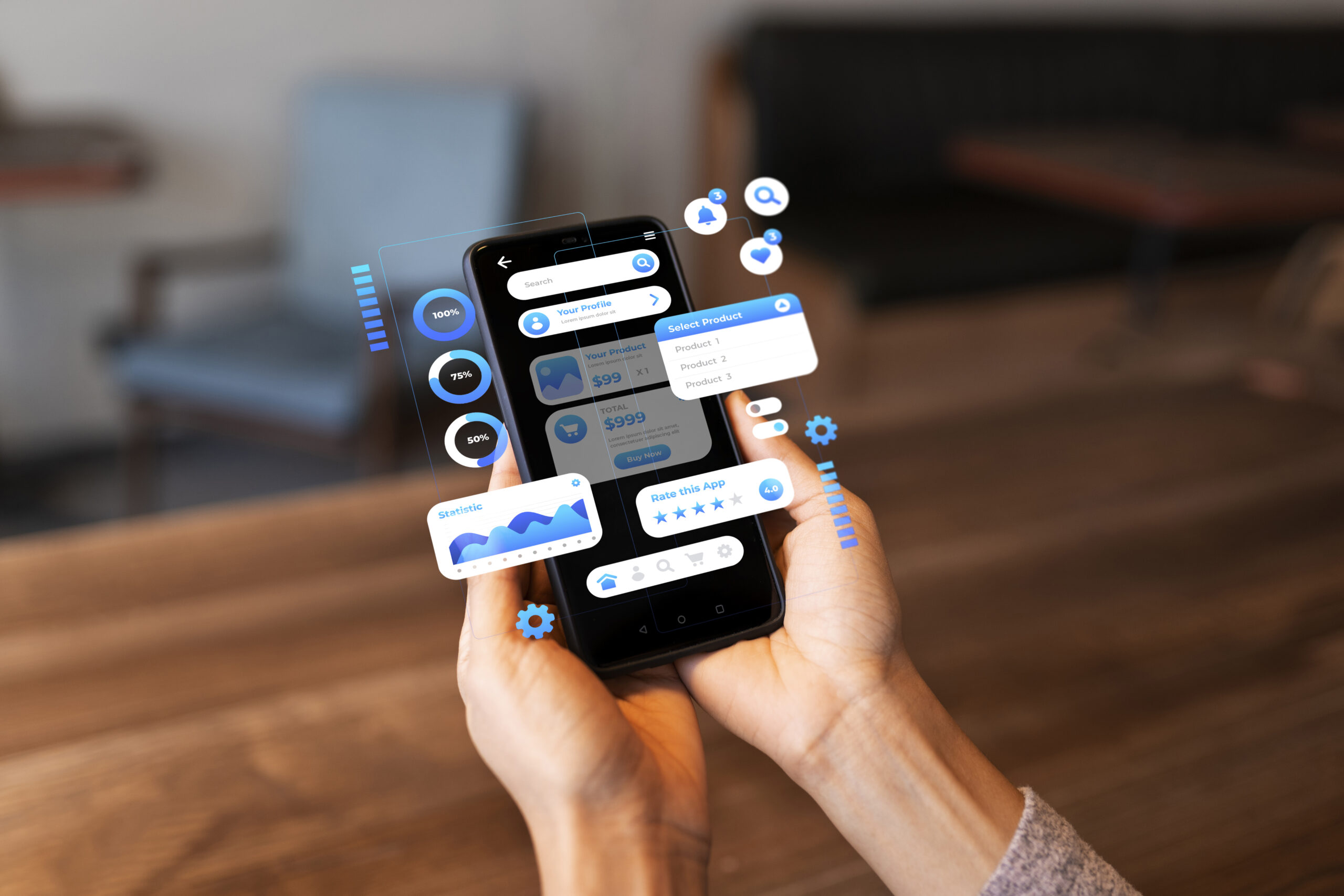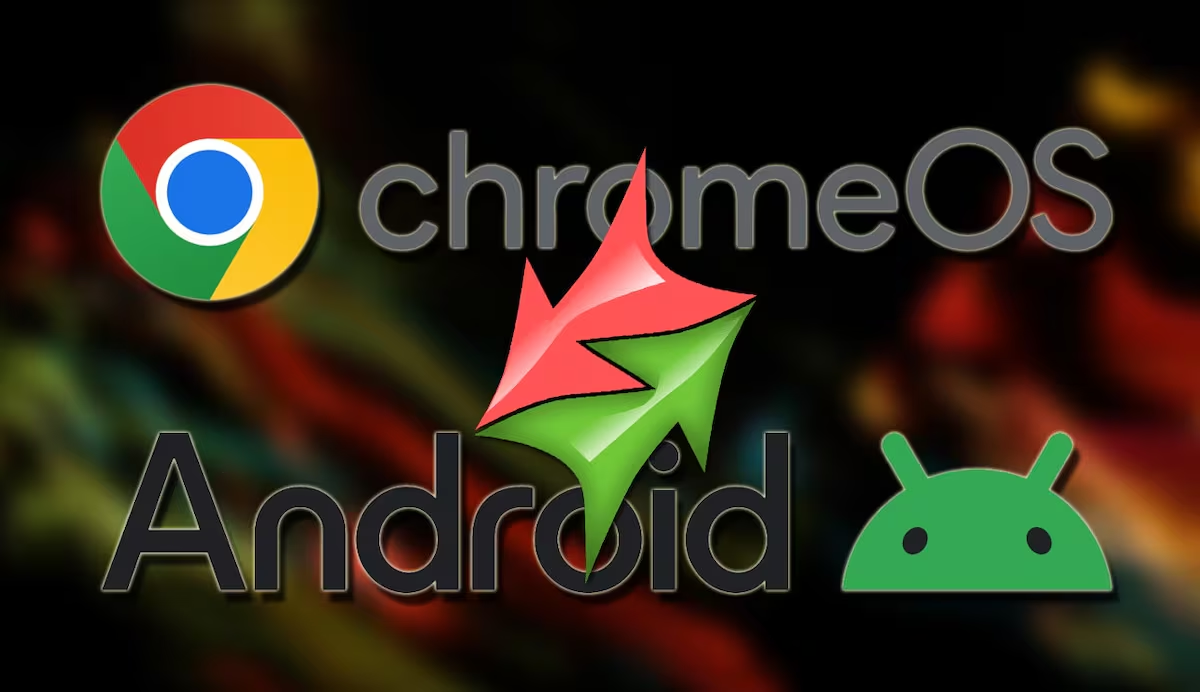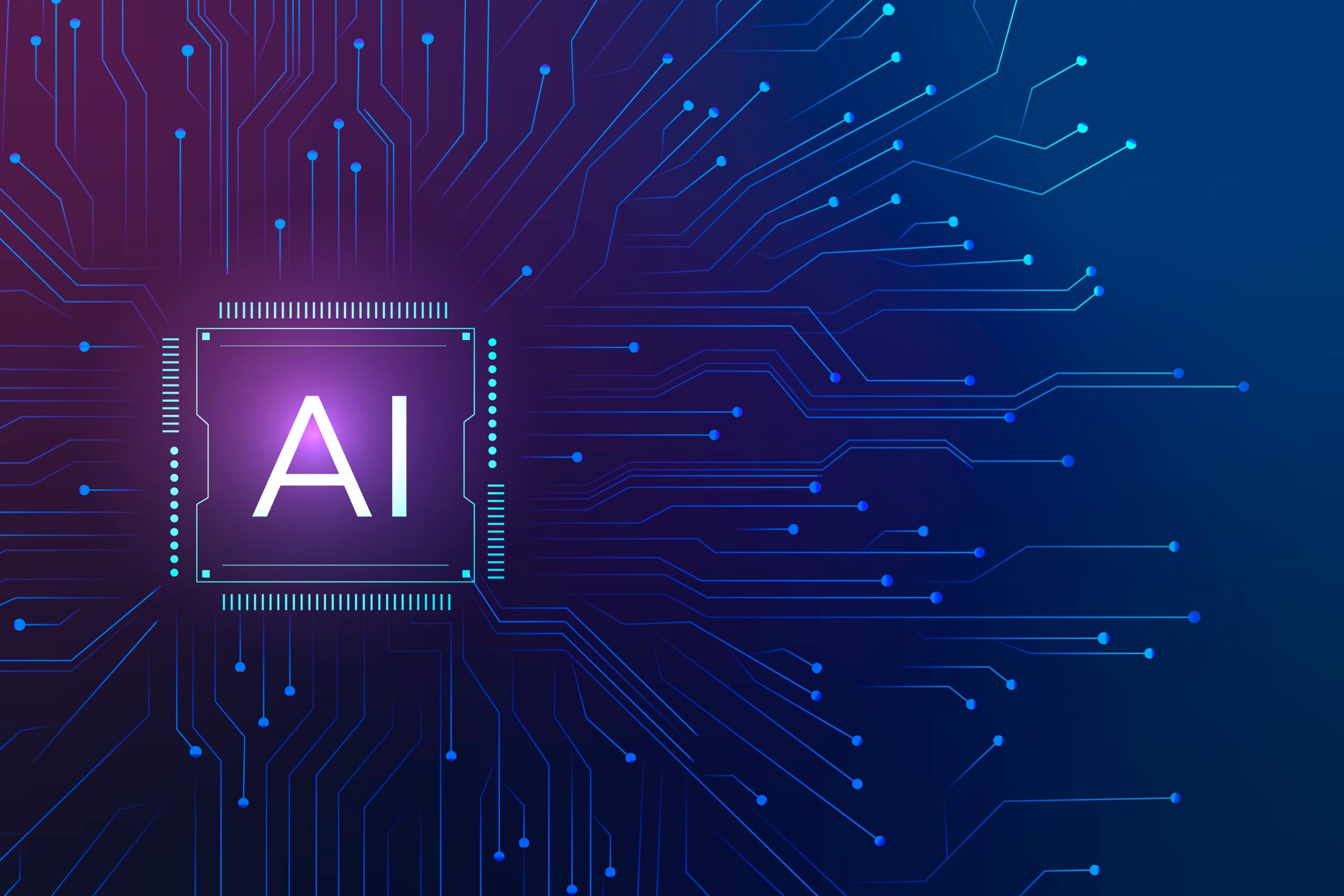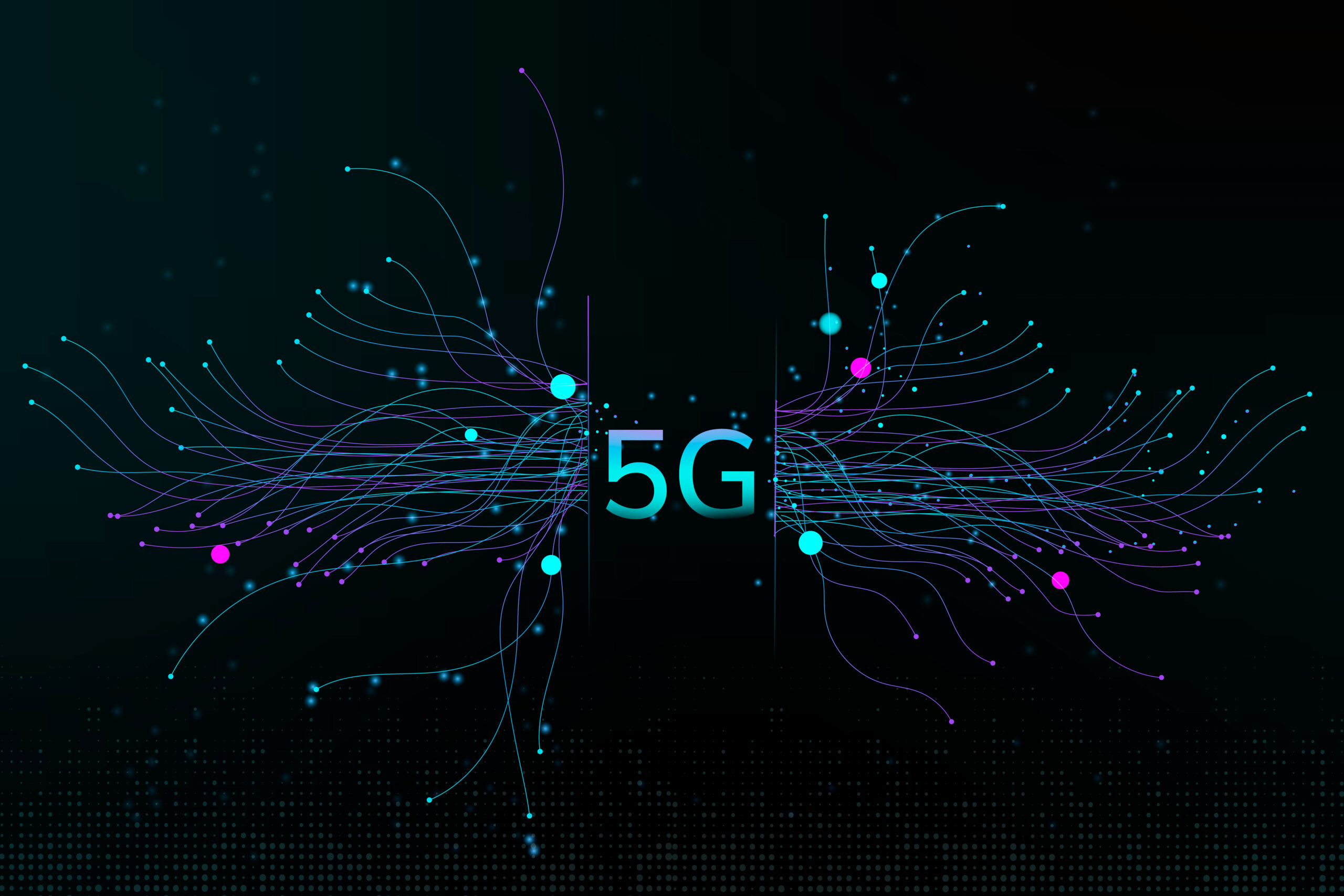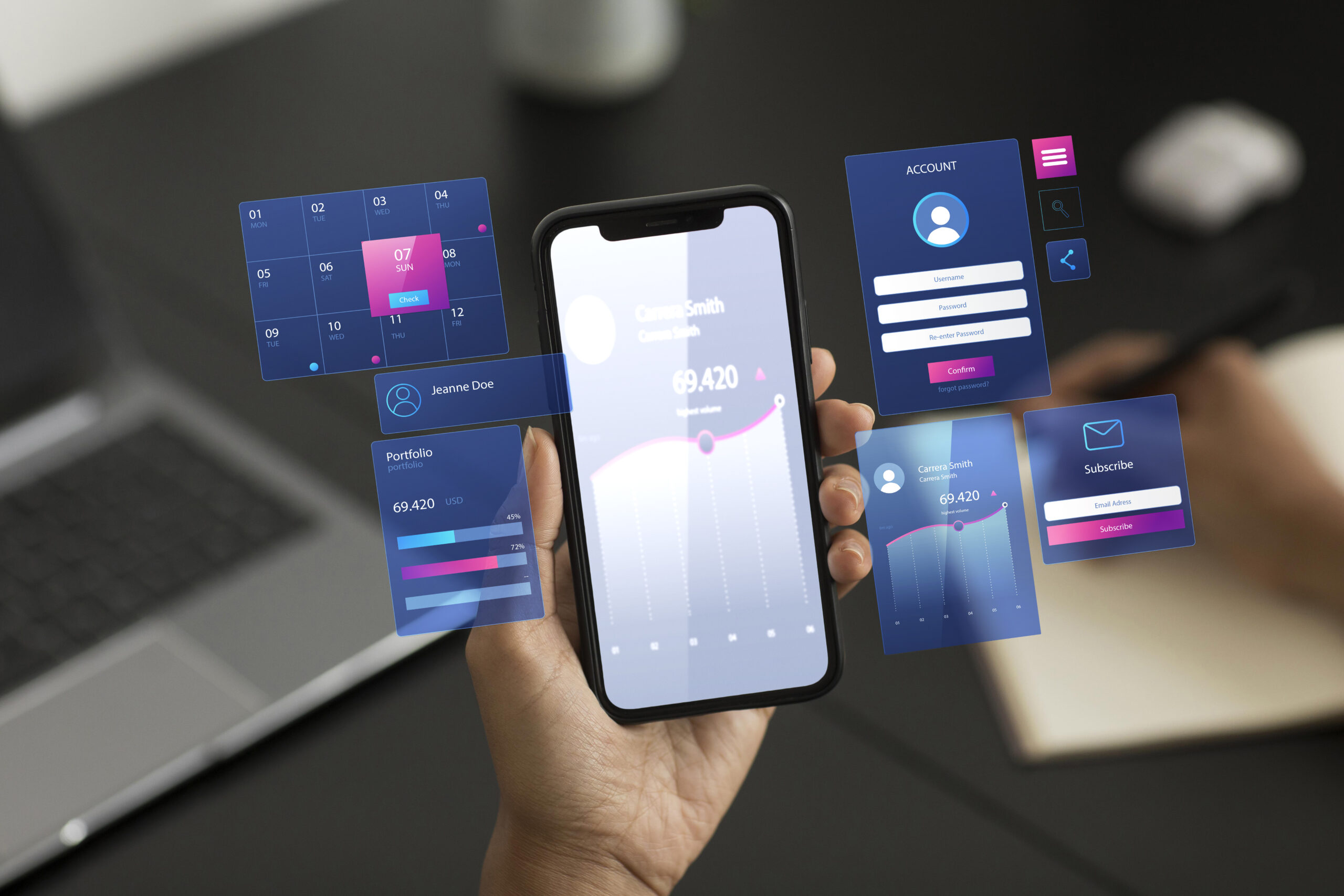Introduction: AI Isn’t Just for Tech Giants Anymore
Artificial Intelligence (AI) is no longer a futuristic concept reserved for sci-fi movies or Silicon Valley labs. It’s here. It’s real. And it’s seamlessly woven into our daily routines—often without us even realizing it.
From setting alarms using Siri to letting a robot vacuum clean your floors, AI has slipped into your pocket, your kitchen, your car, and even your grocery list. But how exactly is AI transforming everyday life? Let’s dig into the real-world, day-to-day applications of AI and how they’re making our lives smarter, safer, and a whole lot easier.
1. Voice Assistants: Your Personal AI Butler
Remember when we used to type out every search query? Now, we just ask.
Virtual assistants like Siri (Apple), Alexa (Amazon), and Google Assistant are powered by natural language processing (NLP)—a subset of AI that allows machines to understand human speech.
These assistants can:
- Set reminders and alarms
- Answer trivia and perform web searches
- Control smart home devices
- Read out messages and news
- Translate languages on the go
According to Statista, more than 4.2 billion digital voice assistants were in use in 2023, and that number is projected to reach 8.4 billion by 2024—more than the global population!
➡️ Commercial keywords: virtual assistant, Siri for home automation, smart voice assistant
2. Smart Homes: Where AI Meets Convenience
Walk into a room and the lights turn on automatically. Your thermostat adjusts based on your habits. The coffee starts brewing as your alarm rings.
This isn’t luxury anymore. It’s smart living.
Smart home ecosystems like Google Nest, Amazon Echo, and Samsung SmartThings use AI to:
- Learn your routines and optimize energy usage
- Detect intruders using facial recognition
- Suggest grocery lists based on your pantry inventory
- Customize lighting and temperature for comfort
- Automate tasks like watering your plants or vacuuming floors
🔍 Real-world stat: A report by MarketsandMarkets estimates the global smart home market will reach $163 billion by 2028, growing at a CAGR of 10.2%.
➡️ Commercial keywords: smart home AI, AI for energy efficiency, smart lighting systems
3. AI in Entertainment: Smarter Than Your Remote
Ever noticed how Netflix just knows what you’ll love to binge next? Or how Spotify recommends the perfect playlist?
AI-driven algorithms analyze:
- Your viewing/listening history
- Your location and device usage
- Global trends and similar user profiles
Platforms like Netflix, Spotify, YouTube, and even Amazon Prime use AI for hyper-personalized recommendations that keep users engaged longer and more often.
🎯 Interesting stat: 80% of Netflix viewing is driven by algorithmic recommendations, according to their internal data.
➡️ Commercial keywords: AI content recommendation, personalized entertainment AI, Netflix AI
4. AI in Shopping: Personalized, Predictive, Powerful
AI knows what you want—even before you do.
E-commerce giants like Amazon, Flipkart, and Shopify use AI for:
- Product recommendations based on browsing habits
- Predictive inventory and delivery scheduling
- Dynamic pricing based on demand and user behavior
- Visual search (e.g., upload a picture and get similar products)
- AI-powered chatbots for customer support
🛒 Did you know? PwC reports that 63% of consumers believe AI can solve customer service issues faster than human agents.
➡️ Commercial keywords: AI in eCommerce, personalized shopping experience, AI shopping assistant
5. AI in Healthcare: Quietly Saving Lives
You don’t need to walk into a hospital to benefit from AI in healthcare.
AI is already at work in:
- Smartwatches that detect abnormal heart rates (think Apple Watch’s ECG feature)
- Apps that track menstrual health and suggest lifestyle changes (e.g., Clue, Flo)
- Fitness trackers recommending personalized workouts
- AI chatbots like Ada or Babylon offering basic medical advice
Meanwhile, on a more advanced scale, AI helps:
- Diagnose diseases through image recognition (e.g., detecting tumors in MRIs)
- Monitor chronic conditions remotely
- Predict disease outbreaks using real-time data
📈 The global AI in healthcare market is expected to reach $188 billion by 2030 (Grand View Research).
➡️ Commercial keywords: AI health monitoring, smart fitness tracker AI, wearable healthcare AI
6. AI in Daily Commuting: Your Car Is Smarter Than You Think
You might not be using a fully autonomous Tesla yet—but AI still powers your commute.
Applications include:
- Google Maps using AI to predict traffic and reroute in real time
- Ride-hailing apps like Uber and Lyft optimizing routes and pricing
- AI in EVs (electric vehicles) managing energy consumption and driver assistance
- Voice commands for infotainment and navigation
More advanced cars now come with driver-assist AI, lane detection, automatic braking, and adaptive cruise control.
➡️ Commercial keywords: AI in cars, driver-assist technology, smart navigation systems
7. AI in Finance: Smarter Wallets, Safer Transactions
Ever got a “suspicious activity” notification from your bank? That’s AI protecting your money.
Banks and fintech apps use AI for:
- Fraud detection based on pattern recognition
- Personalized budgeting tools (like Mint or YNAB)
- Chatbots for banking queries
- Automated investment strategies (Robo-advisors like Betterment, Wealthfront)
🧠 According to Business Insider, 80% of banks recognize AI as a key part of their strategy.
➡️ Commercial keywords: AI in fintech, robo-advisors, fraud detection AI
8. AI at Work: Productivity at Warp Speed
Whether you’re in a spreadsheet or a video call, AI is quietly boosting your efficiency.
Examples include:
- Smart email replies (Gmail’s Smart Reply)
- AI meeting assistants like Otter.ai transcribing calls
- Grammarly using NLP for writing improvements
- Microsoft Copilot in Excel and Word doing auto-calculations and summaries
- AI-based HR tools filtering resumes and scheduling interviews
AI tools save time and reduce repetitive tasks—letting humans focus on strategy and creativity.
➡️ Commercial keywords: AI productivity tools, workplace automation AI, AI email assistant
Final Thoughts: The Future Is Already Here
Artificial intelligence has moved beyond buzzwords and entered the mainstream. Whether you’re asking Siri for directions, setting your thermostat via Alexa, or getting Netflix to suggest the next show—you’re already living in an AI-powered world.
As AI continues to evolve, it promises even more convenience, personalization, and safety. But with great power comes great responsibility—so it’s equally important to stay informed about data privacy, ethical AI, and responsible usage.
In the coming years, expect AI to become not just a tool—but a partner in your daily life.
